Russia: Gas pipeline to China will replace stalled Nord Stream 2 project
Russia’s energy minister has announced that the Nord Stream 2 will be "replaced" by an alternative gas pipeline to China as the strategic project has failed to make headway due to Western sanctions on Moscow over its military operation in Ukraine.
Alexander Novak made the announcement in an interview with Russian television channel Rossiya-1 on Thursday, responding with a resounding “Yes” to a question whether Moscow would replace the European Nord Stream 2 with the Asian Force Siberia 2 amid the ongoing conflict in Ukraine.
On the sidelines of a visit to Uzbekistan earlier in the day, Novak said Russia and China would soon sign agreements on the delivery of "50 billion cubic meters of gas" per year via the future Force 2 pipeline in Siberia.
The Russian minister added that the stated volume would almost represent the maximum capacity of Nord Stream 1 — 55 billion cubic meters in total — which has been shut down since earlier this month.
Novak also stressed that Russian gas exports to the European Union "will drop by around 50 billion cubic meters" in 2022.
The construction of Force Siberia 2, which will fuel China's energy-guzzling economy partly via Mongolia, is scheduled to start in 2024.
Moreover, the Russian minister said that Gazprom, operator of the Force of Siberia 1 gas pipeline that has linked the Chaiandina field to northeastern China since the end of 2019, would "increase its deliveries" to reach "20 billion cubic meters of gas" each year.
On September 2, the Russian gas giant Gazprom indefinitely suspended natural gas flows to Europe via Nord Stream 1 pipeline over a technical fault, providing no timeframe for a reopening.
The Kremlin had earlier warned about disruption in future operations of the pipeline due to a lack of spare parts.
While the EU has accused Russia of cutting supplies in retaliation for the sanctions, Moscow insists that the sanctions have made the technical maintenance of the pipeline very difficult for the Russian company.
The gas shutdown comes as Europe braces for an upcoming harsh winter as energy consumption would go up.
Russia launched a military campaign in Ukraine on February 24, following Kiev’s failure to implement the terms of the Minsk agreements and Moscow’s recognition of the breakaway regions of Donetsk and Luhansk.
At the time, Russian President Vladimir Putin said one of the goals of what he called a “special military operation” was to “de-Nazify” Ukraine.
Since the operation was launched, the United States and its European allies have supplied billions of dollars worth of weaponry to Ukraine and imposed unprecedented sanctions on Moscow, despite Russia’s repeated warnings that it will only prolong the war.
Putin: Pipeline gas supplies to Pakistan ‘possible’
Separately on Thursday, Russian state-owned news agency RIA Novosti cited Putin as saying that pipeline gas supplies to Pakistan were possible and part of the infrastructure was already in place.
The remarks were made in a meeting between Putin and Pakistani Prime Minister Shehbaz Sharif on the sidelines of the Shanghai Cooperation Organization summit in the Uzbek city of Samarkand.
"The prime minister reaffirmed Pakistan's commitment to work closely with Russia to further expand and strengthen cooperation between the two countries across all areas of mutual benefit including food security, trade & investment, energy, defense and security," a statement from Sharif's office said.
The two sides agreed to convene the next meeting of the Inter-Governmental Commission (IGC) in Islamabad at an early date, the statement added.
The long-delayed gas pipeline vital to the south Asian country's economy — the Pakistan Stream gas project, also known as the North-South gas pipeline — is to be constructed in collaboration with Russian companies.
The two countries agreed in 2015 to build a 1,100 km-long pipeline to deliver imported liquefied natural gas (LNG) from Karachi on the Arabian Sea coast to power plants in the northeastern province of Punjab.
The pipeline's designed annual capacity stands at 12.4 billion cubic meters, with the possibility to be increased to 16 bcm.
The project, due to be launched in 2020, was delayed after Russia had to replace the initial participant, which was hit by Western sanctions.
From Iraq to Gaza: The great disconnect between British people and rulers
Syria condemns Israel's killing of 36 in 'horrific' strike on Palmyra
Iran rejects UN human rights resolution as politically-motivated, unjustified
US Senate rejects bids to halt military sales to Israel
US veto of Gaza resolution 'license' for more Israeli crimes: Tehran
Iran urges IAEA Governors Board to oppose E3’s anti-Iran resolution
Nov. 20: ‘Axis of Resistance’ operations against Israeli occupation
VIDEO | Iran celebrates National Hero Day, honoring Martyr Qassem Soleimani


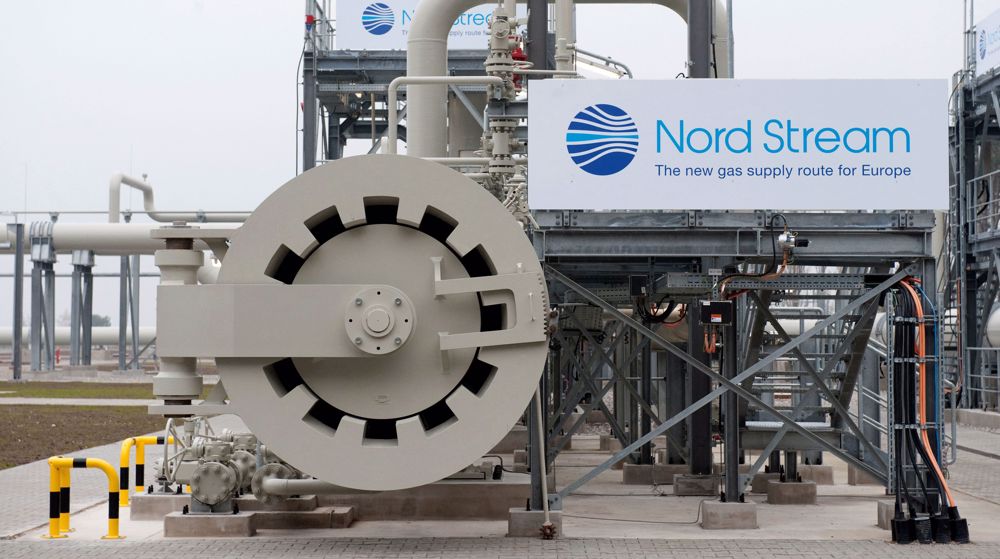
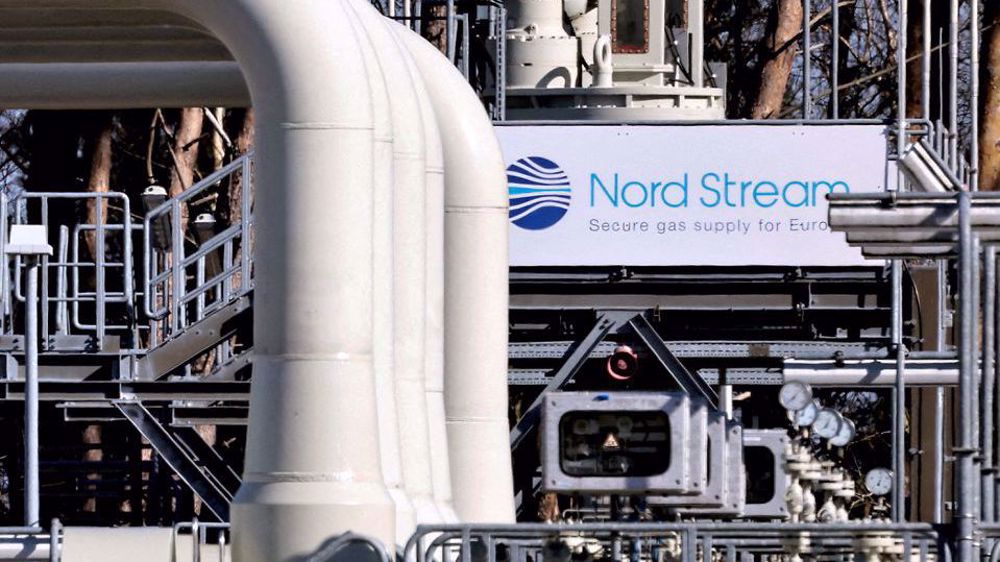
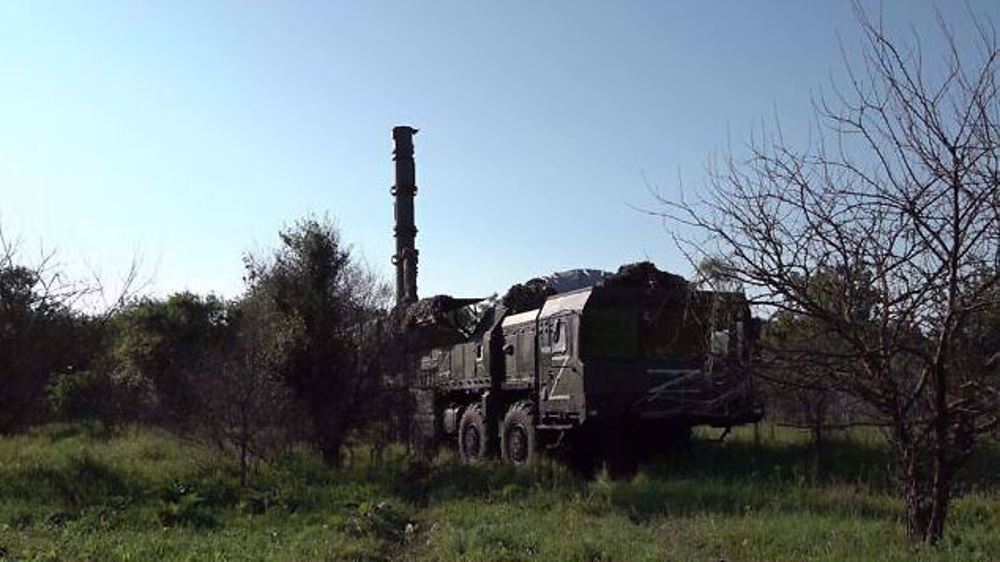
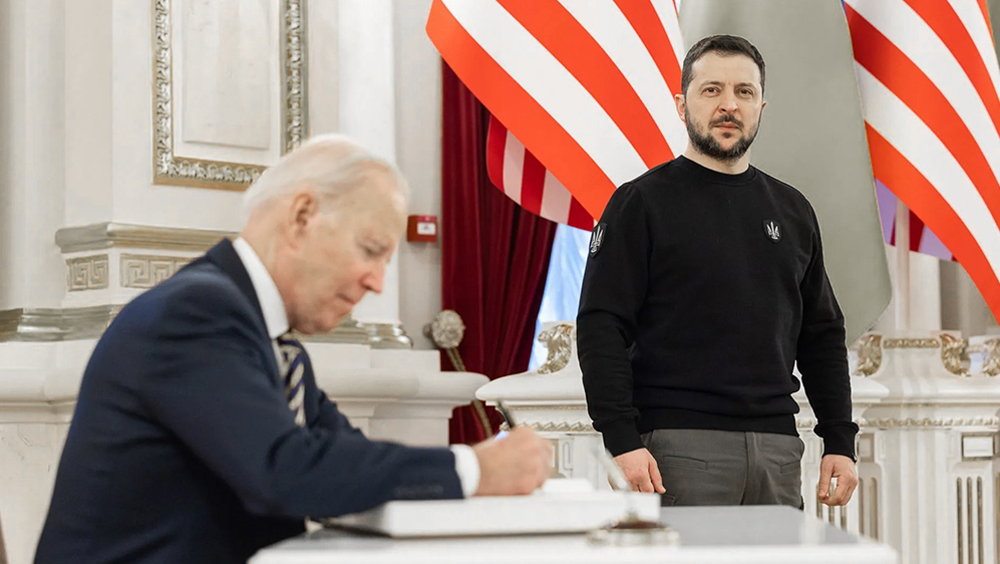
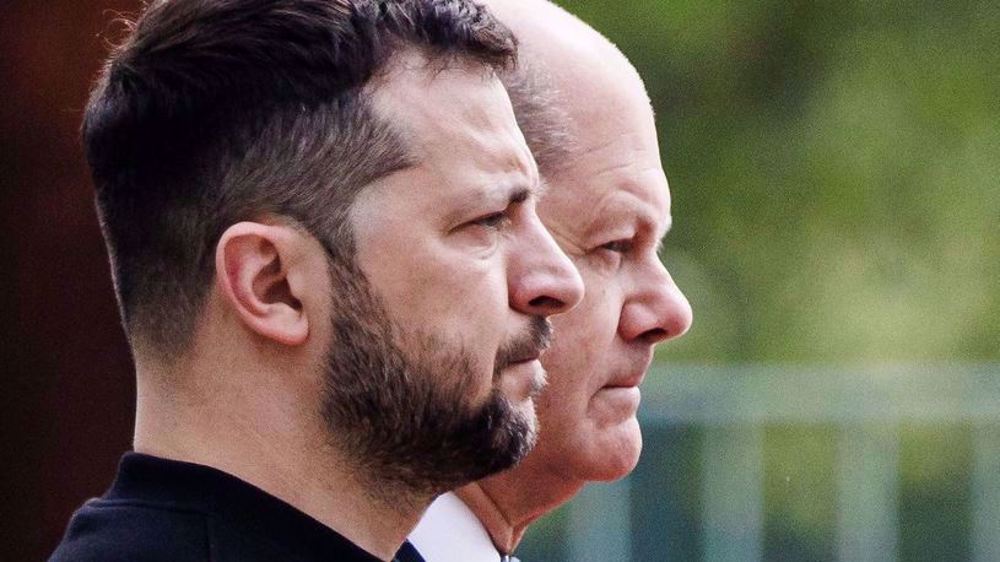




 This makes it easy to access the Press TV website
This makes it easy to access the Press TV website